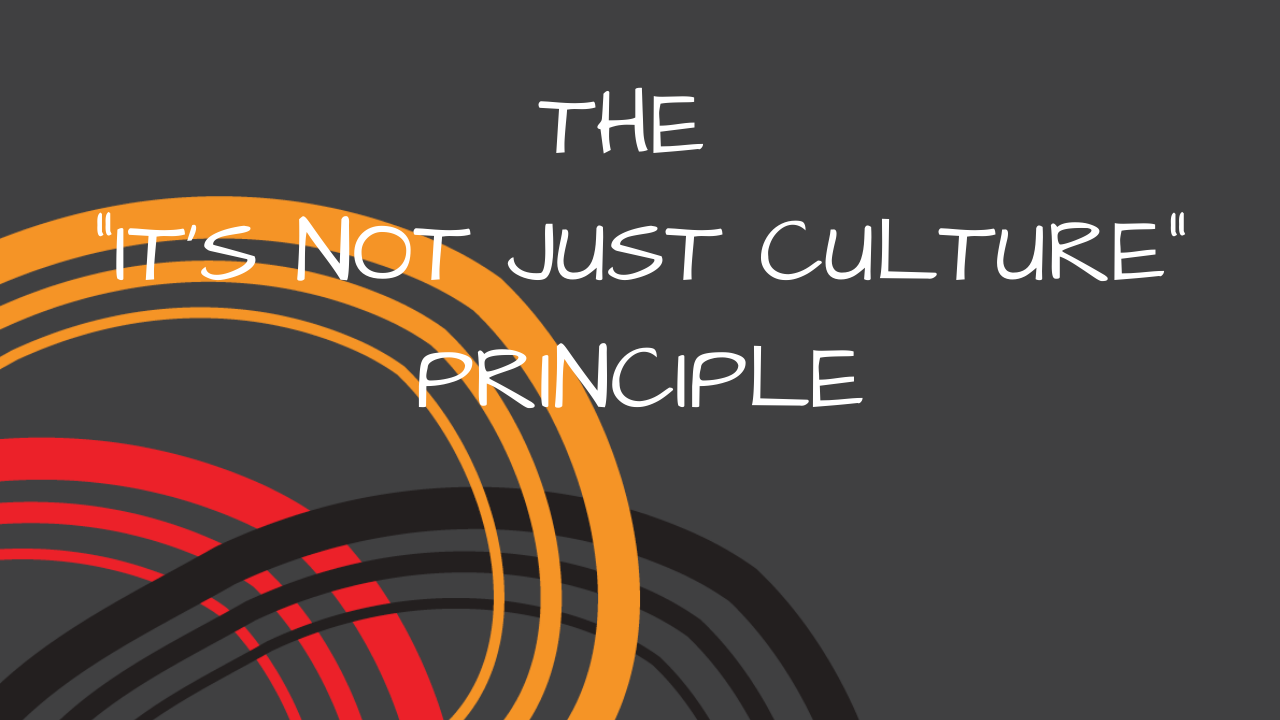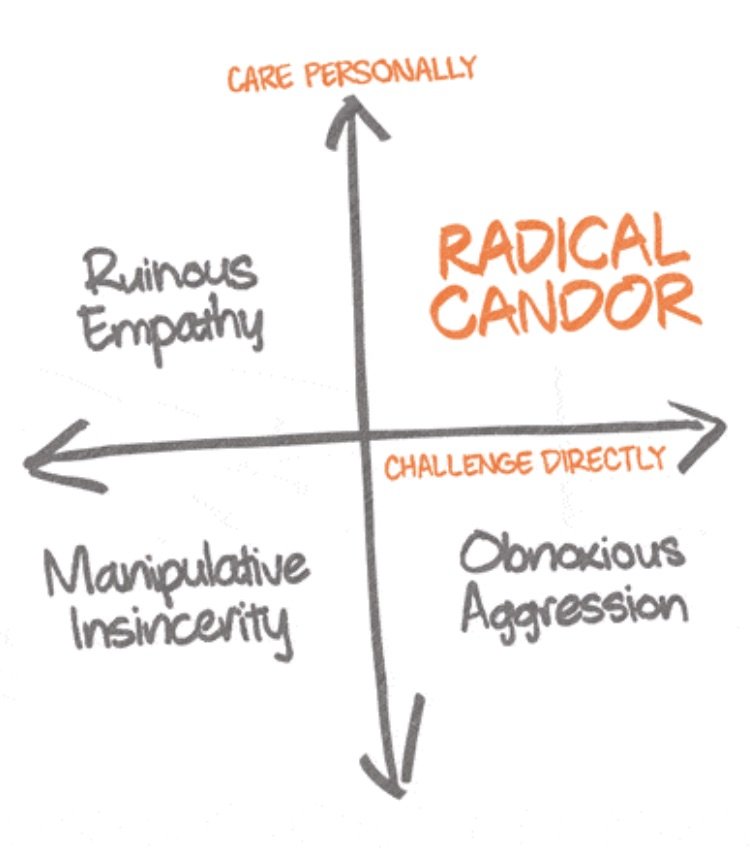The other day one of my Fast Track clients asked me an interesting question. I thought it might be interesting - and useful - to you too.
My client had been to an important public event hosted by a local not-for-profit and, to her surprise, there was no Acknowledgement of Country or Welcome to Country. No recognition of traditional custodians or Aboriginal people at all. And in this, the new millennium (yes, I’m still calling this new) she was aghast that such a misstep could be made.
She was 100% sure that the organisation would support Aboriginal people - and Aboriginal employment - just like they do. So why was no Acknowledgement performed? Was it an oversight? Did they not realise many people now expect one? Or did they not know how to do one? What happened?
And more to my client’s point, how could she approach this organisation and point them in the right direction? How does she politely enquire about why and how this happened? How could she help make this right?
“They need you,” she said. (Awww shucks…that’s nice.) But here’s the thing...they might need me, they probably need me, but they more than likely need you first.
You see, people are more likely to hear this stuff if it’s coming from people like them, in the same position as them.
Of course, I’m going to want people to give Acknowledgement to the Traditional Custodians and our millennia-old connection to this land. Of course I want respect paid to our Aboriginal Elders and those Aboriginal people present. Of course, I’ll be talking about why Acknowledgements are important for employers who want to build workplaces that respect, welcome and support Aboriginal people. That’s practically ALL I talk about. Well, not exactly, but you get my point.
The point is, people expect to hear from me about these things, and they expect this to be important to me, so it can be an ‘of course’ when they hear me say it. But when a non-Aboriginal person says it, in this case CEO to CEO, it can be more powerful. It’s you setting a standard in your communities and speaking out loud about what you expect. It’s how we change things. It’s peer accountability at its best.
So, how could you approach an organisation in this situation? Here’s a few tips:
• Approach them directly. Don’t talk about it before you speak with them. You don’t know why an Acknowledgement wasn’t done. It may have been a honest mistake.
• Speak with someone who has authority to do something about it (if they choose) within reason. In this case, my client CEO can approach their CEO. The CEO clearly has authority, and it’s appropriate for a CEO to speak to another CEO. If you’re not a CEO (and most people aren’t) then who can you approach?
• Don’t wait too long. If it’s important you’ll bring it up sooner rather than later, and the best time for feedback is as soon as practicable after the event.
• Share your own story about how you came to start doing Acknowledgements of Country and why they’re important to your organisation and communities. More than likely you introduced Acknowledgements in the last few years, so share how and where you learned about them. What have you learned that you can share with them to show how it’s impacted on your own organisation and workplace?
You could even point them to a resource that lets them discover the details on their own, like my Quick Workplace Guide to Welcomes to Country and Acknowledgements of Country if you think that would help. They can click the button below to download the guide. Or send them to this post to get their own copy.
What do you think? How would you approach someone when their organisation hosted a public event without an Acknowledgement of Country?
If you’d like to learn more you can download my Quick Workplace Guide to Welcomes to Country and Acknowledgements of Country by clicking the button below.
If you’d like to receive updates from Blakworks, including notifications when a new blog article goes live, click the button below.






